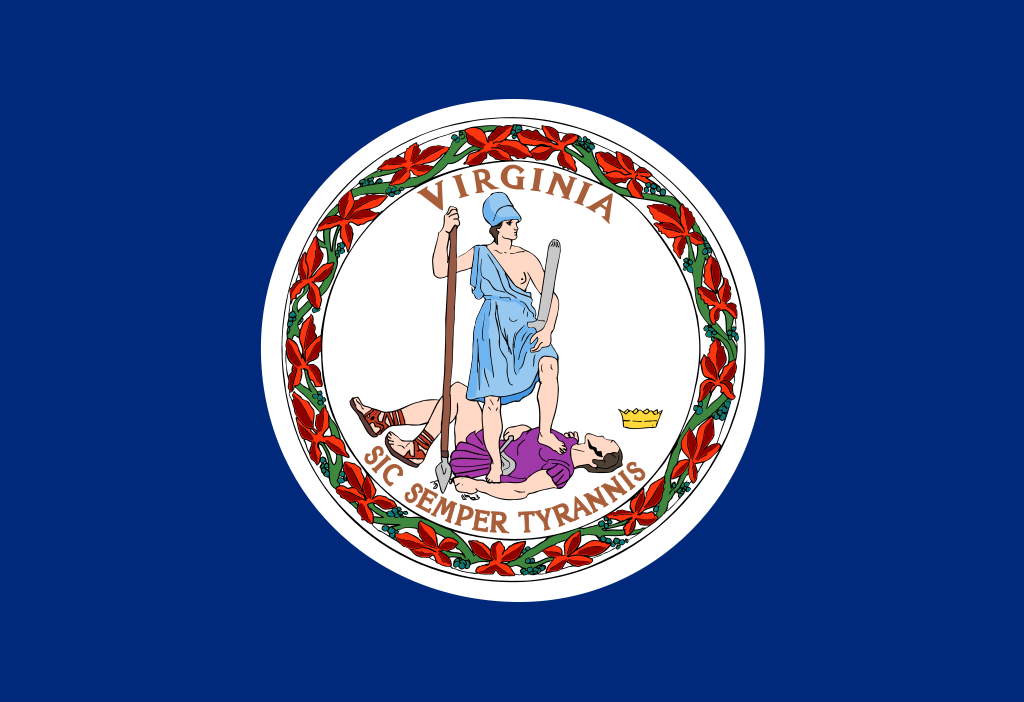Democrats expanded their majority in the Virginia House of Delegates on November 4, 2025, gaining 13 seats. The Virginia House was one of two state legislative chambers with elections in 2025.
Twelve Republican incumbents lost in Virginia, tying 2017 for the most incumbents defeated since 2011. Two incumbents lost in the 2023 elections, one Republican and one minor party or independent officeholder. Seven lost in 2021—all Democrats. At least one House incumbent lost in every general election since 2011, except in 2015.
Off-year elections in Virginia are often studied as a forecast of the broader political trends to expect from the following year's national elections. State Navigate's Chaz Nuttycombe wrote, "The Commonwealth has typically been seen as a catalyst for how the party out of power from the White House should go forward in its messaging in the following midterm elections, and a barometer for public opinion on the incumbent President."
The Democratic Legislative Campaign Committee and Republican State Leadership Committee both announced ad campaigns ahead of the elections. DLCC President Heather Williams said the group was "backing hardworking and authentic candidates in the toughest battlegrounds who are out in their communities every day, talking to voters about how they’ll fight the chaos in Washington and put working families’ opportunities first."
The RSLC PAC President Edith Jorge-Tuñón said, "Virginia House Democrats have said they want to cut taxes, make their communities safer, and make the Commonwealth more prosperous, yet this legislative session under their leadership has been one broken promise after the next."
Democrats retaining chamber control means legislatively referred constitutional amendments passed by the General Assembly in 2025 are likely to appear on the ballot in 2026. Constitutional amendments in Virginia must pass the Virginia General Assembly in two successive legislative sessions. The General Assembly's 2025 proposals to amend the state constitution to include a right to reproductive freedom, remove the constitutional ban on same-sex marriage, and provide that felons be entitled to vote following their release from incarceration must be approved by the body again in 2026 to appear before voters. Legislative approval of the amendments in 2026 depended in part on Democrats maintaining the House in the 2025 elections.
The week before the 2025 elections, Virginia Democrats also approved a constitutional amendment that would allow the General Assembly to redraw the state's congressional maps before the next census. The state's redistricting commission would draw a new map in 2030 whether or not mid-decade redistricting occurred. The New York Times' Campbell Robertson wrote, "With a statewide election set for Nov. 4, the current legislature could vote for the amendment this week and then vote again after Jan. 14 when newly elected delegates are seated."
Heading into the 2025 elections, Democrats had a 51-49 majority in the House. The House had changed partisan control in every election since 2019, when it changed from Republican to Democratic control. Republicans regained the majority in 2021, and Democrats regained the majority in 2023. Click here to read more about the House of Delegates' political history.
Virginia voters also voted for governor, lieutenant governor, and attorney general in 2025. Heading into the elections, Virginia had a divided government, meaning neither party controlled both legislative chambers and the governor's office. Democrats controlled both legislative chambers, and Gov. Glenn Youngkin (R) was a Republican.
Democrats gained a trifecta in the state by maintaining control of the state house and winning the governor's office. Republicans could not have gained a trifecta, because the state senate was not up for election.
Ballotpedia identified 23 districts as general election battlegrounds. Heading into the elections, Republicans represented 18 of those districts to Democrats' five. After the elections, Democrats represented 18 to Republicans' five.



